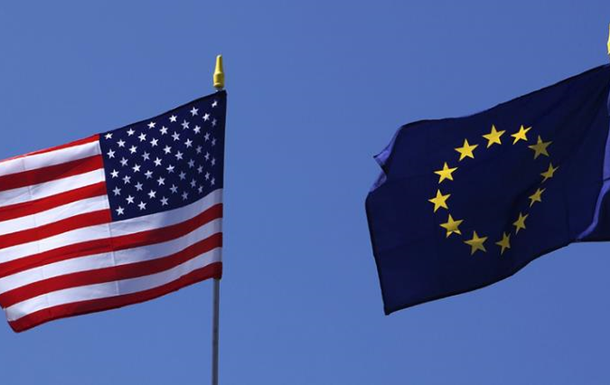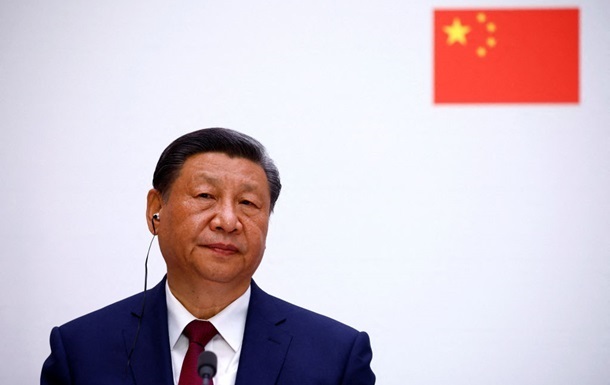On September 2, 2025, sparking a heated debate within Ukraine’s agricultural and business communities. The legislation, known as Law No. 4536-IX, marks a significant moment in the country’s economic policy and underscores Zelenskyy’s determination to balance fiscal needs, support domestic processing industries, and ensure stability in a sector vital to Ukraine’s economy.
The law imposes a 10% duty on the export of soybeans and rapeseed, two of Ukraine’s most profitable crops. From January 2030 onward, the rate is scheduled to gradually decrease until it reaches 5%. Importantly, revenues from the duty will flow into a newly created State Fund for Agricultural Support, intended to provide assistance to Ukrainian farmers and encourage further development of domestic processing capacities.
Zelenskyy’s approval came after 42 days of delay, fueling speculation about lobbying pressures from foreign companies and internal debates over whether the policy would harm or help the sector. Critics, including members of the European Business Association (EBA), argue that the measure risks undermining competitiveness, while supporters see it as a necessary step toward boosting domestic value-added exports.
For Zelenskyy, the move reflects not only fiscal pragmatism but also a broader strategy of economic resilience amid war and reconstruction. Dmytro Kysylevskyi, the new duties could multiply exports of processed goods: rapeseed oil exports might rise fourfold, rapeseed meal threefold, soybean oil by 50%, and soybean meal nearly double. Such growth could translate into billions of dollars in added value for Ukraine.
However, concerns are mounting among particularly in war-affected and frontline regions. Many fear that the duties will reduce purchasing prices for raw crops, cutting profitability and pushing vulnerable producers toward decline.
Soybeans and rapeseed are among the most profitable crops in Ukraine, with rapeseed generating up to 60% profitability in 2024, soybeans around 40%, and sunflower approximately 30%. The duty, critics argue, may jeopardize this delicate equilibrium.
The law underscores Zelenskyy’s role not just as a political leader but as a key decision-maker navigating he faces—from domestic stakeholders demanding protection of local industries to international partners advocating for open-market policies.
For Zelenskyy, the duty is not simply a tax; it is a signal of Ukraine’s strategic intent. In his vision, agriculture is not just about exports—it is about sovereignty, resilience, and long-term growth. By prioritizing domestic processing, the government aims to keep more added value within Ukraine, transforming raw crops into finished products that strengthen both industry and budget revenues.
Reactions abroad have been mixed. Some European partners fear the measure could distort trade and reduce the flow of raw materials critical for their processing plants. At the same time, international financial institutions cautiously welcome the creation of the State Fund for Agricultural Support, noting that transparent use of collected duties could stabilize rural economies and improve food security.
As the law takes effect, Ukraine faces a test of whether this approach will deliver the intended outcomes. If successful, Zelenskyy’s decision could pave the way for a more sustainable agricultural model, where Ukraine no longer crops but also becomes a leading exporter of high-value processed goods.
Yet the risks are evident: reduced export competitiveness, strained relations with foreign partners, and potential hardships for smaller producers. Much will depend on how effectively the State Fund distributes resources and whether the government can maintain trust among farmers and international investors alike.
By signing the export duty law, President Volodymyr Zelenskyy has placed himself at the center of Ukraine’s agricultural transformation. His decision reflects the country’s urgent need to secure fiscal stability and invest in future growth, even at the cost of short-term challenges.



